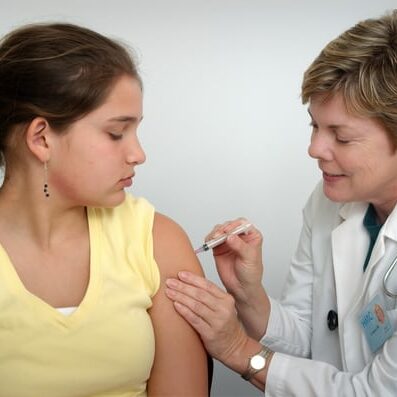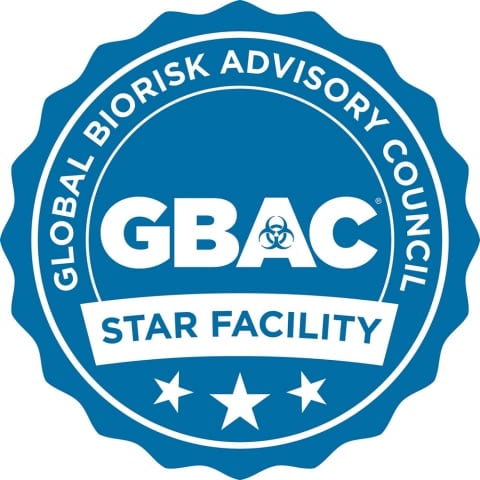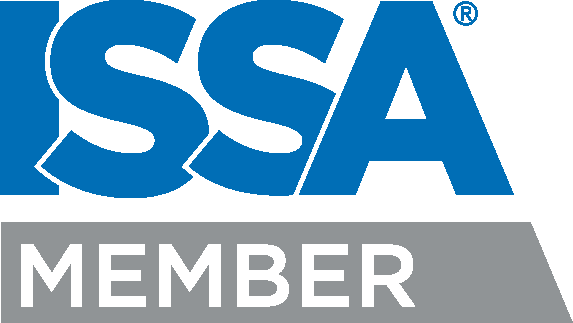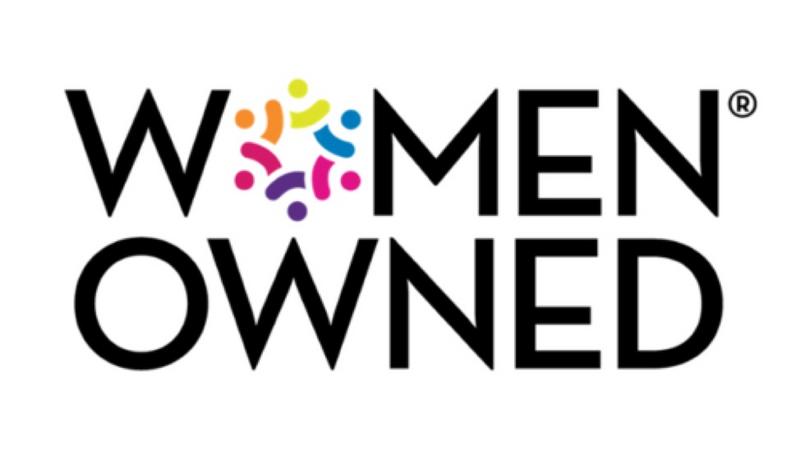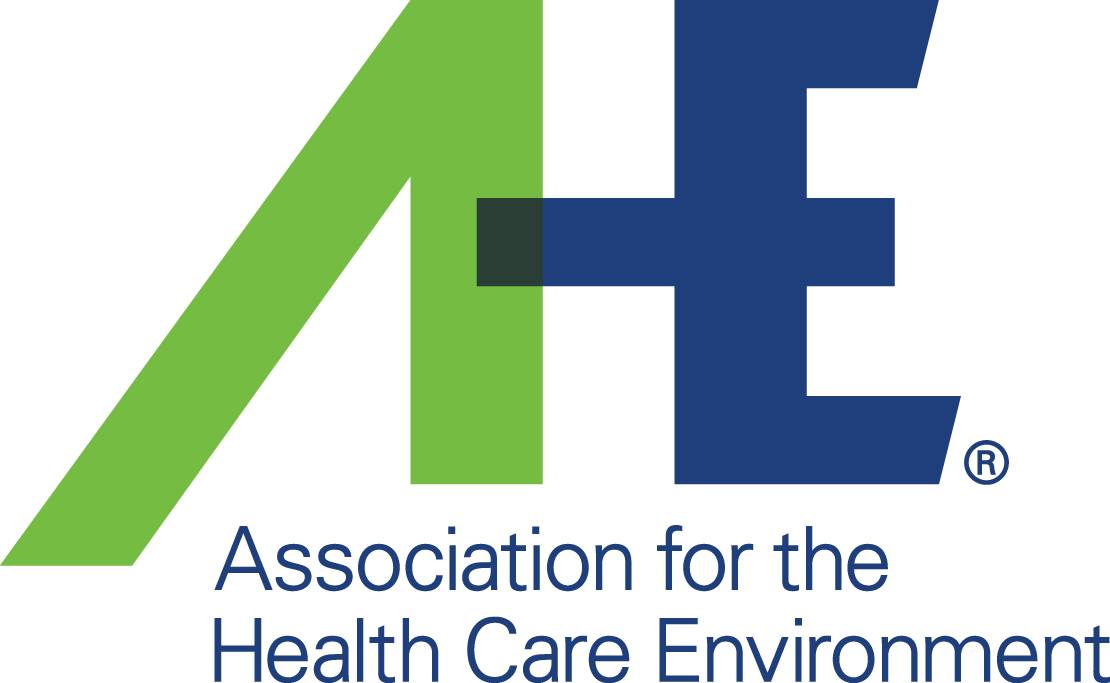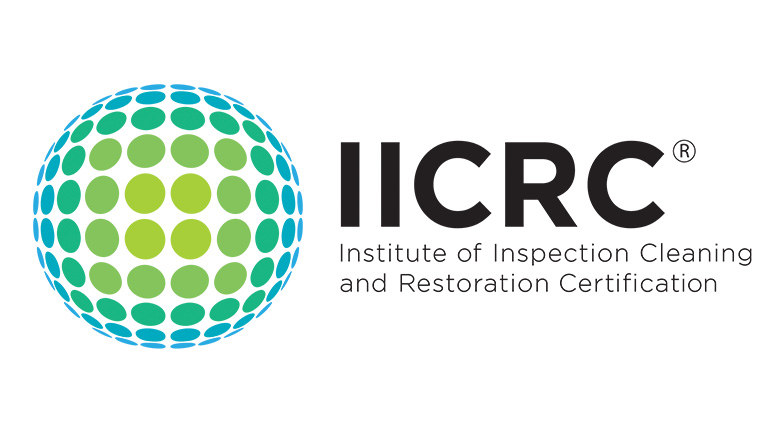Are We Going to Mandate Vaccinations?
Are employers in South Florida going to mandate vaccinations against COVID-19?
On February 11, 2021, Littler, the world’s largest employment and labor law practice, with offices here in Miami, released the results of its COVID-19 Vaccine Employer Survey Report. The study involved 1,800 attorneys, human resource professionals, and C-suite executives throughout the U.S.
The study’s focus was to see if employers would require their staff to have a COVID-19 vaccination. They found that while most will encourage their staff to have the vaccination, they will not make it mandatory.
Among the many other findings about vaccinations were the following:

- Just 1 percent of respondents now require employees to be vaccinated, and another 6 percent are considering it.
- Nearly half have decided against it.
- However, a little more than 40 percent indicated they would consider it sometime in the future, as vaccinations become more common.
As to why the respondents are reluctant to mandate that their staff be vaccinated, for the most part, the reasons fell into two categories:
- As many as two-thirds thought having such a mandate would negatively impact employee morale and company culture. They shared that many of their staff have already indicated they do not want to be vaccinated.
- The other primary reason is related to legal and practical considerations. More than 60 percent of the respondents were concerned about legal liability if a staffer had an adverse reaction to the vaccination. In such a case, the employer could be held responsible. About half also believe it would be hard to enforce such a mandate.
So, when it comes to vaccinations, where does this leave us?
Many employers will likely continue allowing their staff, or many on their team, to work remotely. However, as we have mentioned in another blog post, that does not look like it will be a long-term solution.
Many employers are already noting that while remote working turned out well for several months last year, many are starting to experience obstacles and staff issues this year.
Further, for those employers that want their workers, or at least a large number of them, returning to the workspace, standard safety precautions—mask, social distancing, handwashing, and hand sanitizing—will still be required. And what will also be necessary is thorough and effective cleaning and disinfecting of the facility.
This came up as well in the Littler study. When asked what precautions they plan to keep in place or implement as people return to work, even if vaccines become more readily available and even if most of their staff decide to get vaccinated, nearly 60 percent of the respondents reported they would “increase the frequency and depth of cleaning.”
We already see this happening. All our clients have asked us to implement infection control procedures in their facilities. We have done this by making changes to the ways our staff perform their cleaning, the training we provide them, and the use of state-of-the-art disinfecting systems.
That involves the use of electrostatic sprayers. We use these in gyms, offices, schools, assisted living centers, and virtually all the facilities we now clean. Not only have studies been published indicating these systems are effective at eliminating the pathogens that cause coronavirus, but they are also safe for use by the cleaning worker and building users.
Further, they are environmentally friendly because they require fewer chemicals, and they help us reduce labor costs – allowing us to provide even more cleaning and disinfecting services for our clients – helping us keep their facilities cleaner and healthier than ever before.
Interested in learning more? Then get in touch today. We’re Service Keepers and we’re here for you.
